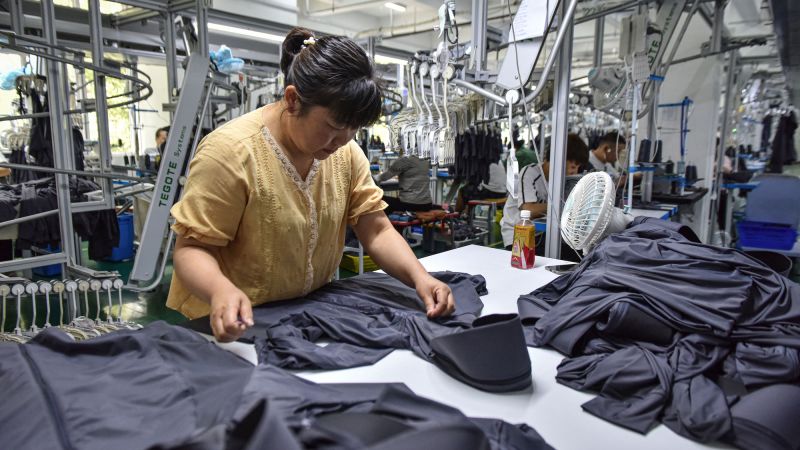In breaking news, factory activity among China’s private firms has expanded at the fastest pace in three years, according to a recent private gauge. This indicates a surge in domestic and international demand for Chinese goods.
However, an official government survey released on Sunday showed a contraction among larger, state-owned manufacturers, highlighting the uneven recovery in the world’s second-largest economy.
The Caixin manufacturing Purchasing Managers’ Index (PMI) reported a rise to 51.8 in June, up from 51.7 in May. This marks the sixth consecutive month of improvement in the index, surpassing market expectations.
In contrast, the National Bureau of Statistics (NBS)’s PMI remained unchanged from May at 49.5, indicating a second straight month of contraction.
Analysts from Goldman Sachs noted that the divergence between the Caixin and official PMIs has widened due to differences in the sectors covered by each survey.
Despite the positive growth in exports and consumption, analysts believe that softer investment remains a concern for the Chinese economy.
Customs data for June is not yet available, but statistics for May showed a 7.6% jump in exports from the previous year, exceeding analysts’ predictions.
However, manufacturers are less optimistic about the future outlook, citing recent tariff announcements from the US and European Union as dampening their sentiment.
Last month, the EU announced provisional tariffs on electric vehicles imported from China, citing unfair support for Chinese companies that undercut European carmakers.
These tariffs are set to take effect by July 4, with a finalized decision expected on November 2 at the conclusion of the probe. This decision follows the United States’ recent increase in tariffs on Chinese EVs to 100% in an effort to boost domestic jobs and manufacturing.
Overall, the economic climate in China remains complex, with challenges and opportunities on the horizon for the manufacturing sector.












